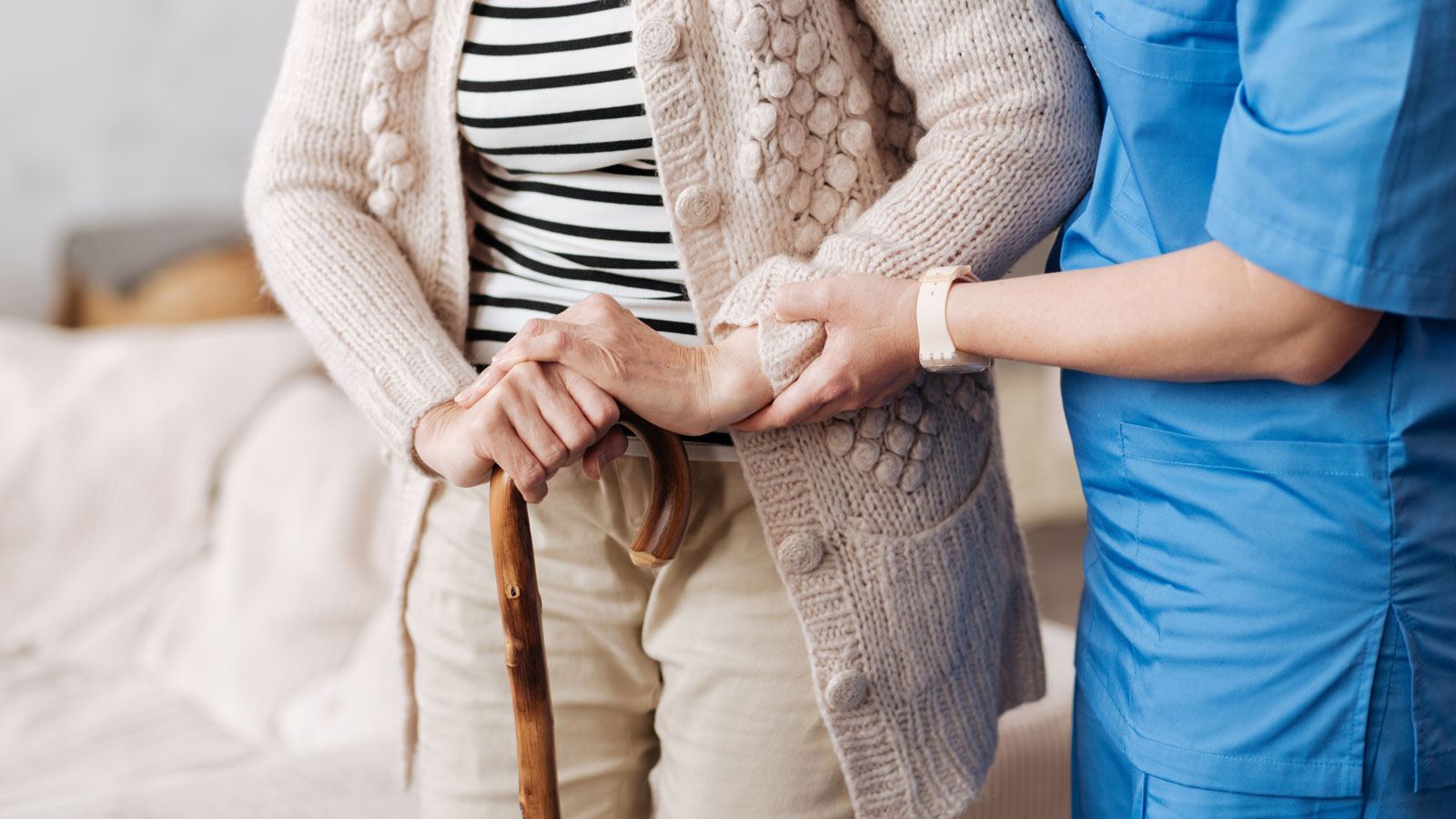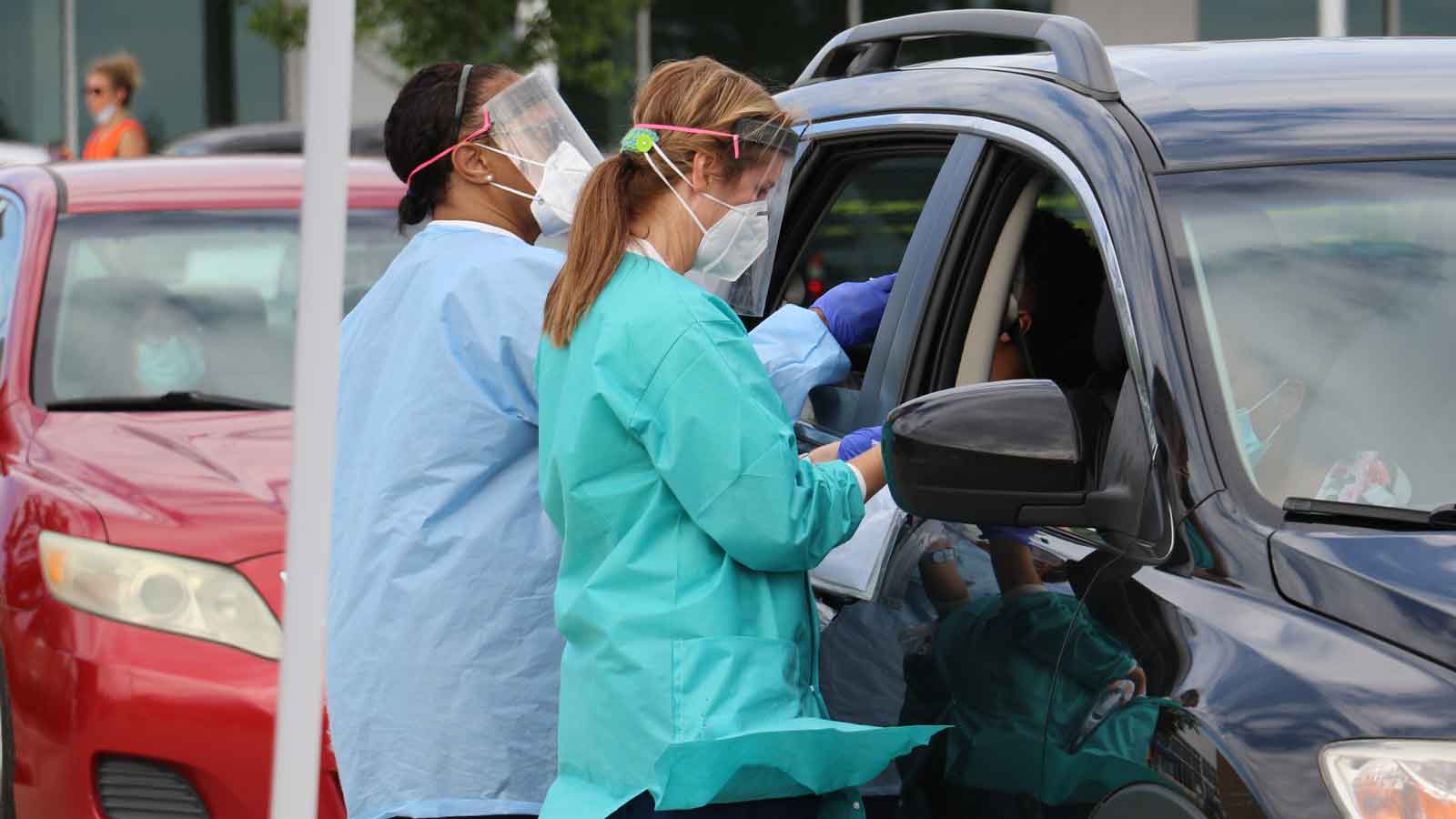
COVID-19 vaccines, tests and treatments are peddled in new scams
Con-artists are preying on people's fear of the virus or their desperation for money. Follow these tips to avoid getting ripped off or dealing with identity theft.
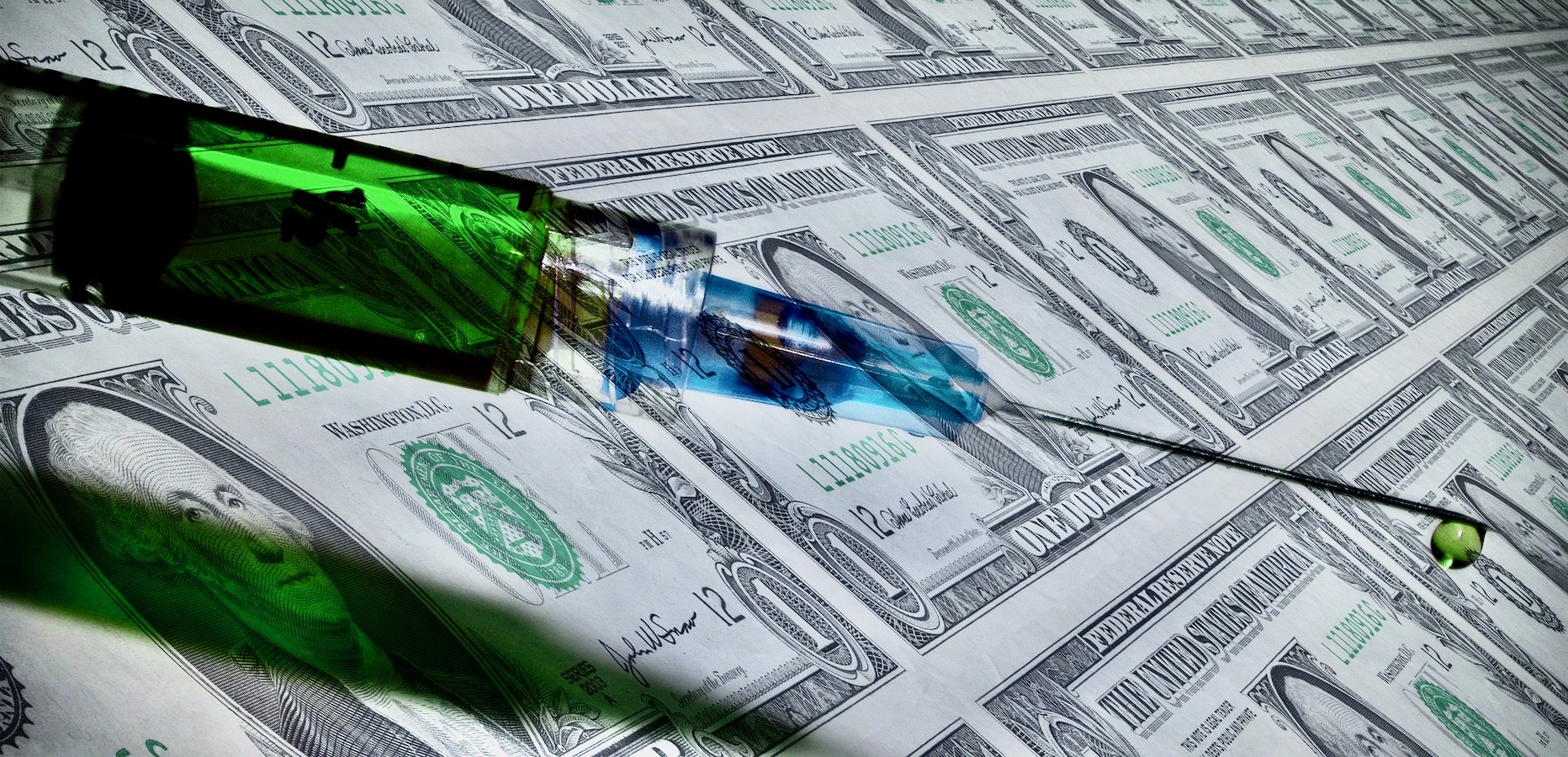
Con-artists always seem to stoop to new lows: Now they’re trying to capitalize on COVID-19 vaccines.
Vaccines are expected to be available starting this month for certain groups of Americans, including health care workers and nursing home residents. But if you believe the fake emails, text messages and phone calls currently circulating, you may think you can skip ahead to the top of the vaccination list if you simply provide your personal information or pay a deposit.
The Federal Trade Commission said it’s received complaints about scammers selling products they claim treat or prevent the coronavirus. The products have nothing to do with the vaccines that are expected to be approved by the Food and Drug Administration in the days and weeks ahead. Other products being hawked are unproven as treatments for those who’ve contracted the frightening illness. People who respond to emails, texts or calls that suggest otherwise could get ripped off if they provide payment information, or risk identity theft if they provide personal information such as their Social Security number or date of birth. Even just clicking on a link can infect your device with a virus.
The FTC has sent letters to more than 330 companies and individuals this year, warning them they may be violating federal law if they’re selling products using deceptive or scientifically unsupported claims about their effectiveness to treat or prevent COVID-19.
A new scam making the rounds: The promise of $1,200 if you participate in a medical trial for a new potential vaccine. The solicitation is being circulated via social media, text messages and email. Of course, there’s not a shred of truth to it.
In the Cleveland suburb of Richmond Heights, the police department last week posted a copy of one solicitation on its Facebook page and warned consumers to steer clear. Such solicitations could appear genuine if they arrive addressed to you, the department said.
Lt. Denise DeBiase of the Richmond Heights Police Department said most consumers these days know not to fall for such scams, but the department still wants to spread the message to thwart disaster for even a few people. When consumers are desperate for money, they can be vulnerable and let their guard down at the prospect of $1,200 (which may sound legit because it’s the same amount as earlier federal stimulus checks).
“We’re going to start seeing more of these scams,” DeBiase said. “We just want to tell everyone again: You shouldn’t click on everything you see.’ ”
Desperation is a key reason that otherwise logical people become vulnerable to scams. Those nervously counting the days until they can get vaccinated could be most at risk of falling for a con.
The Better Business Bureau is also seeing scams involving supposed home test kits or in-person tests, which are still difficult to get in many communities nationwide without waiting several days. Some solicitations even promise test results within 10 minutes, if you just fill out a form that may ask for your bank account number or credit or debit card number. However, if you ask for details, the test-givers can’t provide information about how the test works or what lab processes it. This is a flag.
The BBB said scam messages may try to convince you to share personal information or account passwords. Con artists sometimes impersonate the Centers for Disease Control and Prevention or World Health Organization and dangle fake information about COVID, cures or vaccines. The BBB last week said it’s also seeing an increase in robocalls from con-artists impersonating government officials.
Tips on avoiding COVID scams:
-
If you’re eligible for the first round of vaccinations, you likely are a healthcare worker, reside in a nursing home or are a first-responder. You can expect to hear about vaccine schedules from your employer or nursing home, and that’s where you should direct questions if you get a message about a vaccine or test.
-
If you want to get a vaccine as early as possible because of age or pre-existing medical conditions, contact your healthcare provider. Or you can go to the official website of your local health department for the latest information.
-
Be leery of anything that seems too good to be true: a way to jump the line, some kind of miracle cure, a coupon to buy a self-administered vaccine by mail, etc.
-
Watch out for offers that demand you to act immediately. Con-artists often try to get us to make a quick decision so we don’t have time to consult others or stop and think rationally.
-
Don’t click on email or text links in messages you weren’t expecting. If the sender appears to be a doctor’s office or a local pharmacy, contact that office directly through a phone number you look up independently.
-
Just ignore offers for vaccination and home test kits, the FTC says. Con-artists are selling products they say treat or prevent COVID-19, when there’s no evidence or FDA approval.
-
If someone calls you and claims to be a contract tracer to alert you that someone you know may have exposed you to COVID, do not provide any personal information such as your Social Security number. Genuine contract tracers also don’t ask for money or financial information. Take steps to verify whether a contract trace is legit. The FTC offers this guidance.
-
Don’t answer calls from numbers you don’t recognize. If you do answer a robocall, hang up immediately. Never confirm or provide personal information.
-
Be on the lookout for emails claiming to be from the CDC or WHO. Use sites like coronavirus.gov and usa.gov/coronavirus to get the latest information.
-
Never click on links from sources you don’t know or weren’t expecting to hear from.
-
Go to: https://www.consumer.ftc.gov/features/coronavirus-scams-what-ftc-doing to learn more about coronavirus scams.
-
To keep up on the latest information about the coronavirus, go to the CDC’s FAQ page and the FDA’s COVID-19 site.
Topics
Find Out More

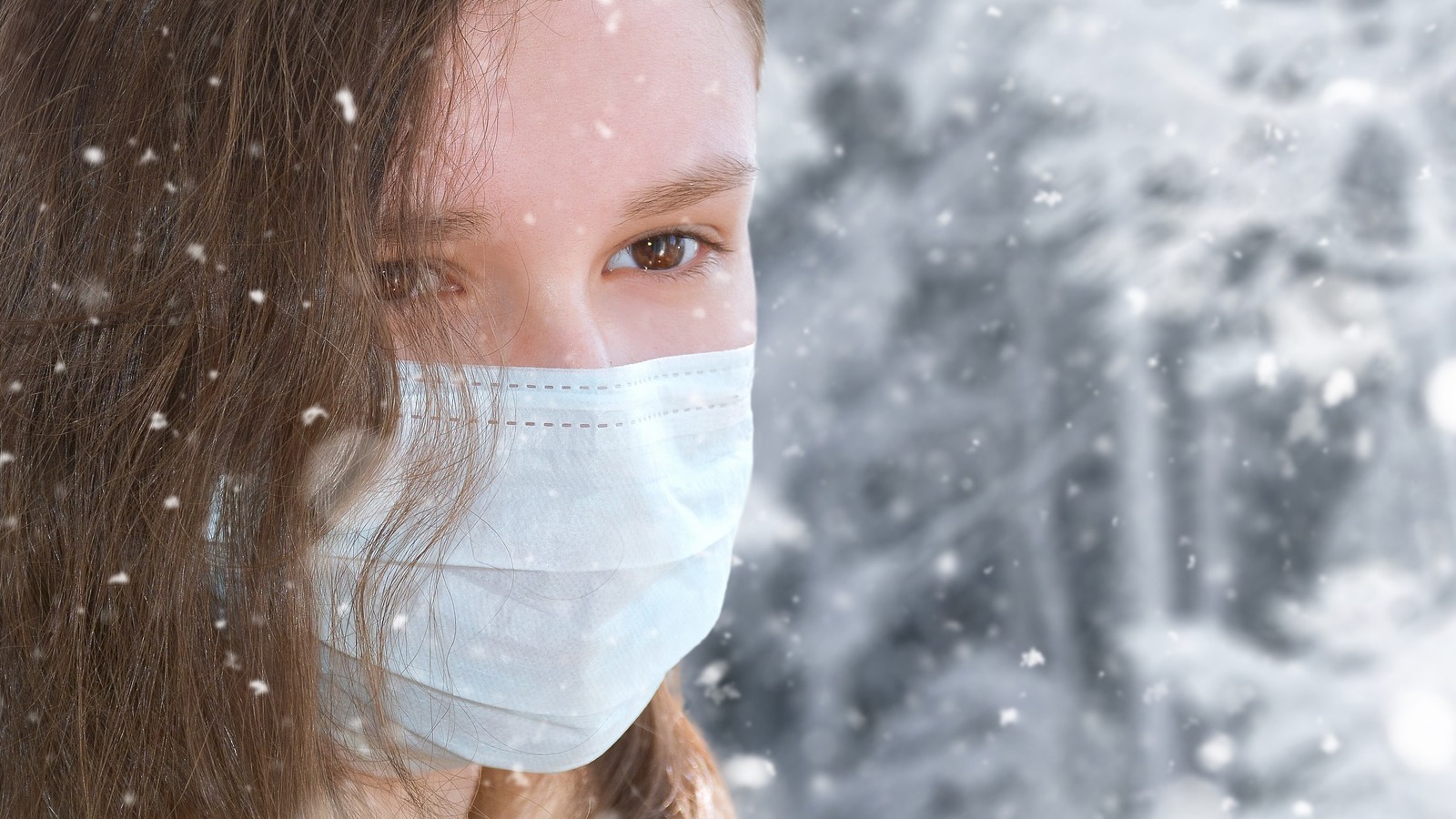
Another winter during COVID-19: How to stay safe and sound
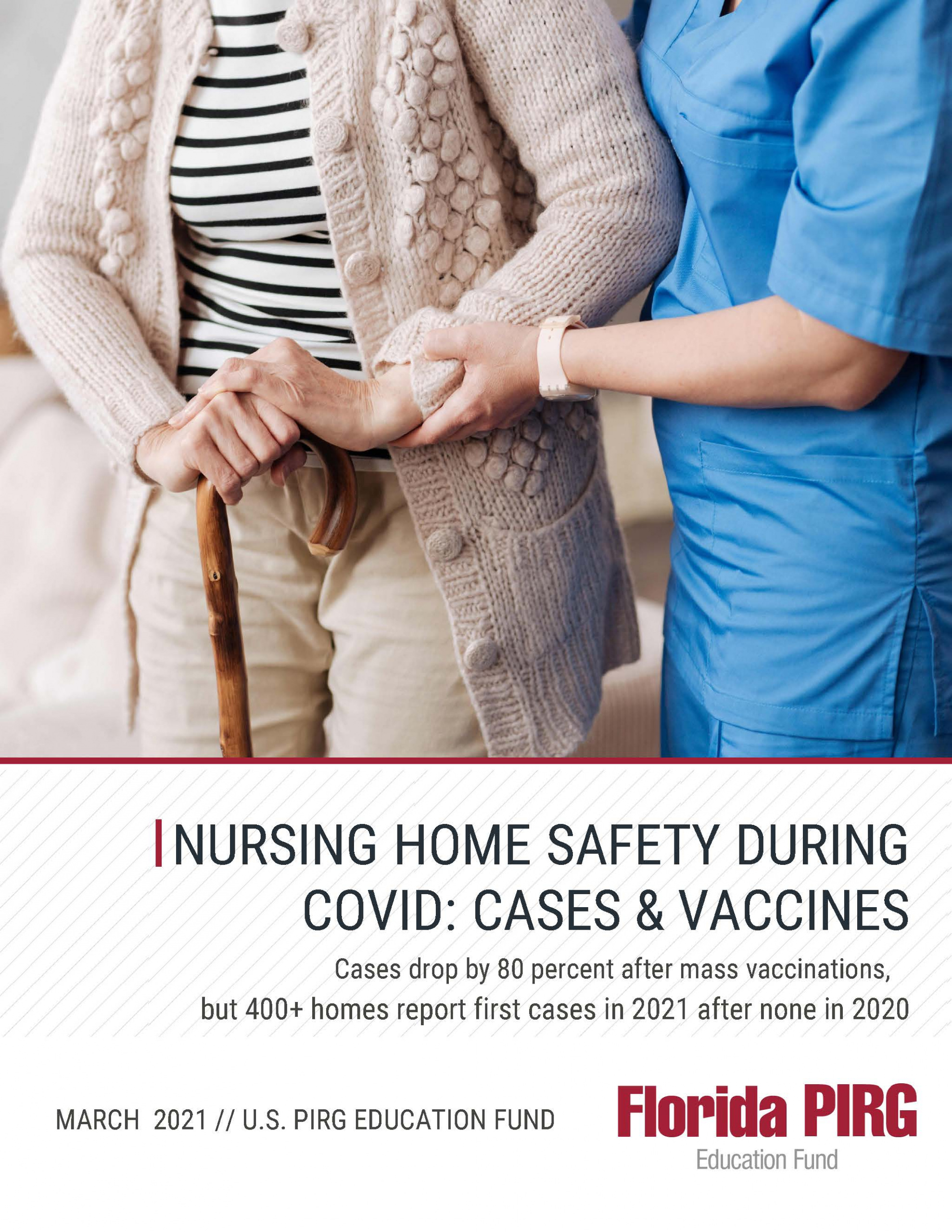
Nursing home safety during COVID: Cases and vaccines
